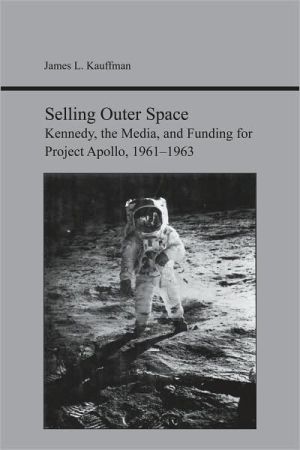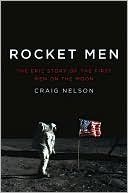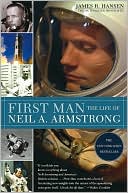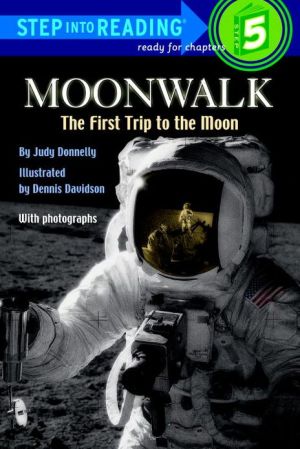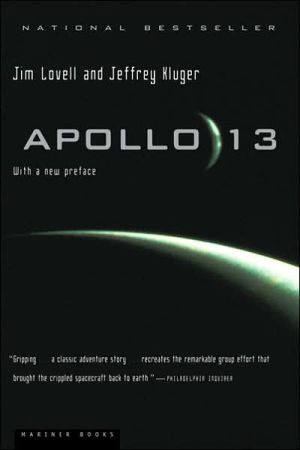Selling Outer Space: Kennedy, the Media, and Funding for Project Apollo, 1961-1963
In the early 1960s, the Kennedy administration's public campaign to sell Project Apollo met with little opposition from Congress, the media, or the public. Only in the aftermath of space disasters like the Challenger explosion have Americans seriously questioned the primacy - or even the need - for human beings to explore outer space. This book examines the Kennedy administration's rhetoric to understand why Project Apollo received so little opposition. Although the Kennedy administration...
Search in google:
In the early 1960s, the Kennedy administration's public campaign to sell Project Apollo met with little opposition from Congress, the media, or the public. Only in the aftermath of space disasters like the Challenger explosion have Americans seriously questioned the primacy - or even the need - for human beings to explore outer space. This book examines the Kennedy administration's rhetoric to understand why Project Apollo received so little opposition. Although the Kennedy administration advanced a number of political, scientific, military, and economic arguments for a manned moon mission, its rhetoric ultimately "sold" the space project as a great frontier adventure story with deep roots in American history and culture. The administration enticed Congress, the media, and the public to think of Project Apollo not in "logical" terms, but as a reaffirmation of the romantic American frontier myth. By describing space as the New Frontier, the Kennedy administration shaped the way Americans interpreted and gave meaning to space exploration for years to come. The frontier narrative subsumed arguments about the technology and economics of the program, and it established a presumption in favor of massive commitments of the nation's resources to staffed space flight. The continuing influence of the frontier mythology is perhaps nowhere more evident than in the decision to develop the space shuttle program. Ultimately, the shuttle's attraction may have been the symbolic importance of the fact that the astronauts flew the craft as a plane, thereby reaffirming the rugged individualism and daring of the frontier myth. Booknews Kauffman (speech communication, Indiana U. Southeast) examines the Kennedy administration's rhetoric and seeks to understand why project Apollo received so little opposition. Kauffman contends that ultimately it was the administration's rhetoric which sold the space project as a great frontier adventure with deep roots in American history and culture, and that this frontier mythology continues to affect American space policy three decades later. Annotation c. Book News, Inc., Portland, OR (booknews.com)
AcknowledgmentsIntroduction11The Kennedy Administration's Lunar Campaign122The Kennedy Administration and the New Frontier303Media Coverage of the Space Program: A Reflection of Values504Life: NASA's Mouthpiece in the Popular Media685Congressional Space Committees: Overseers or Advocates?936Justificatory Rhetoric: Floor Debates Concerning Project Apollo116Conclusion132Notes139Bibliography175Index187
\ BooknewsKauffman (speech communication, Indiana U. Southeast) examines the Kennedy administration's rhetoric and seeks to understand why project Apollo received so little opposition. Kauffman contends that ultimately it was the administration's rhetoric which sold the space project as a great frontier adventure with deep roots in American history and culture, and that this frontier mythology continues to affect American space policy three decades later. Annotation c. Book News, Inc., Portland, OR (booknews.com)\ \
